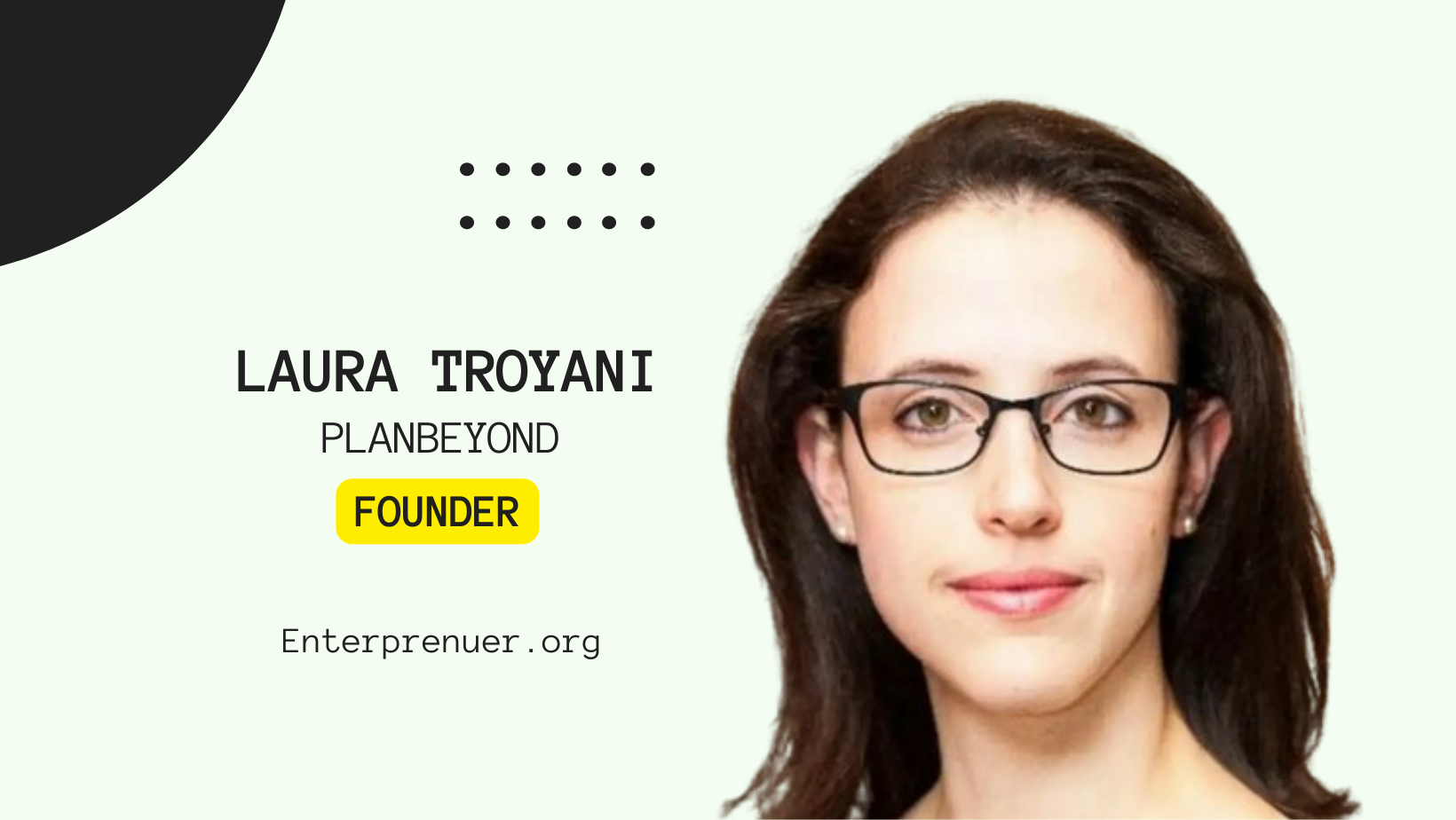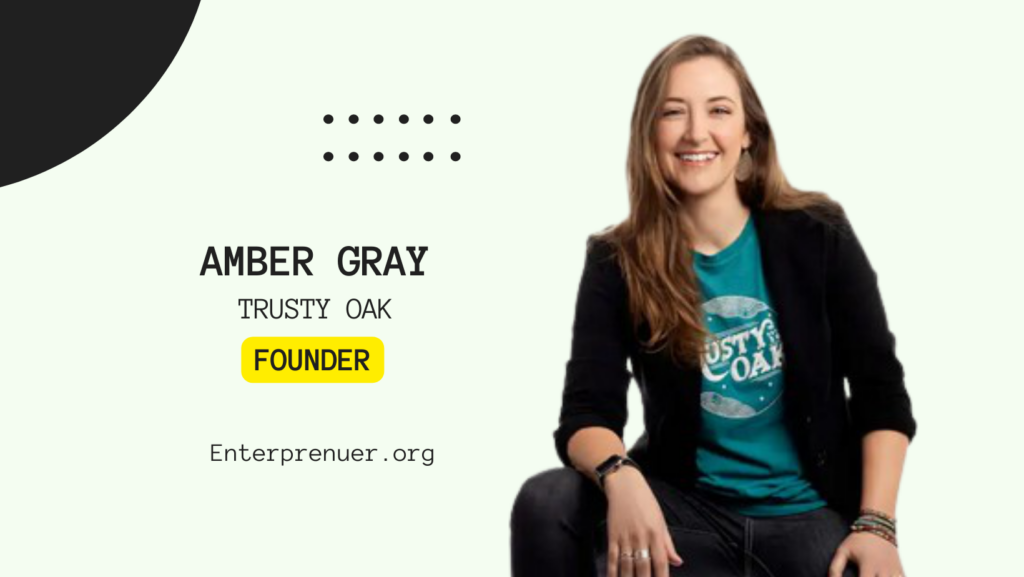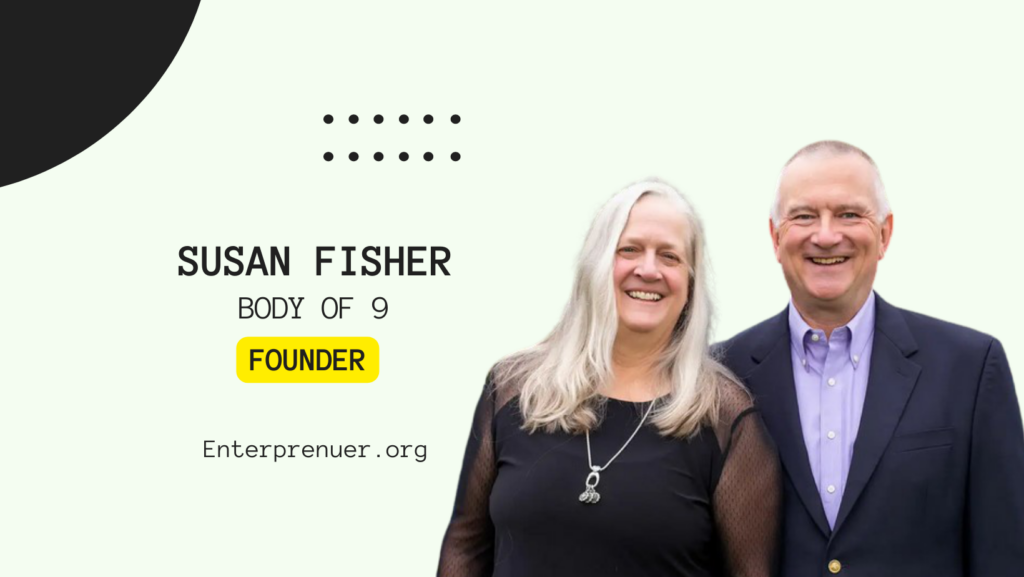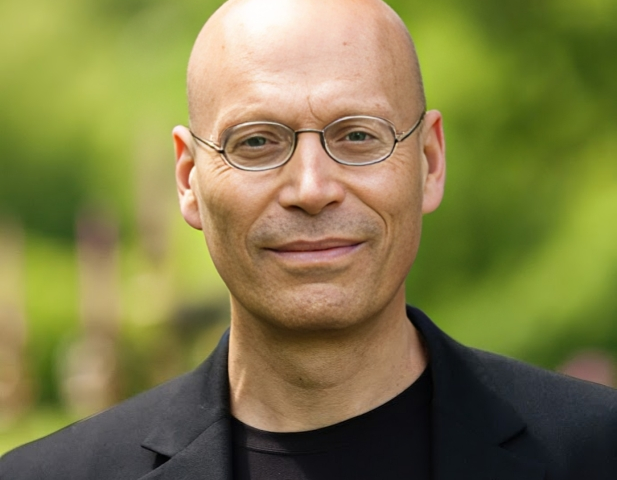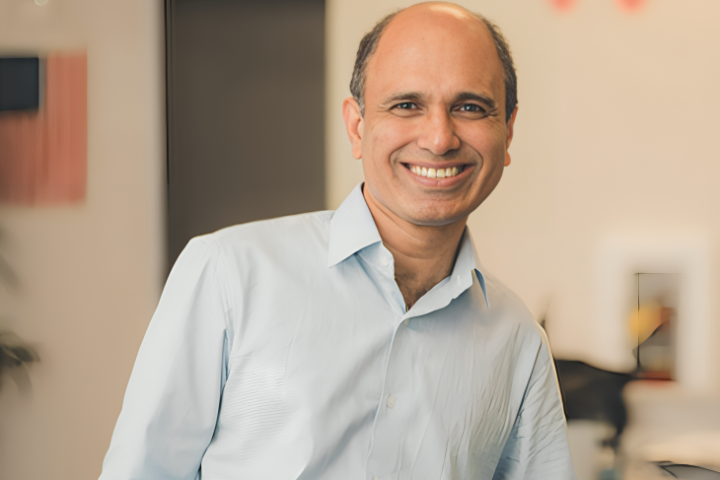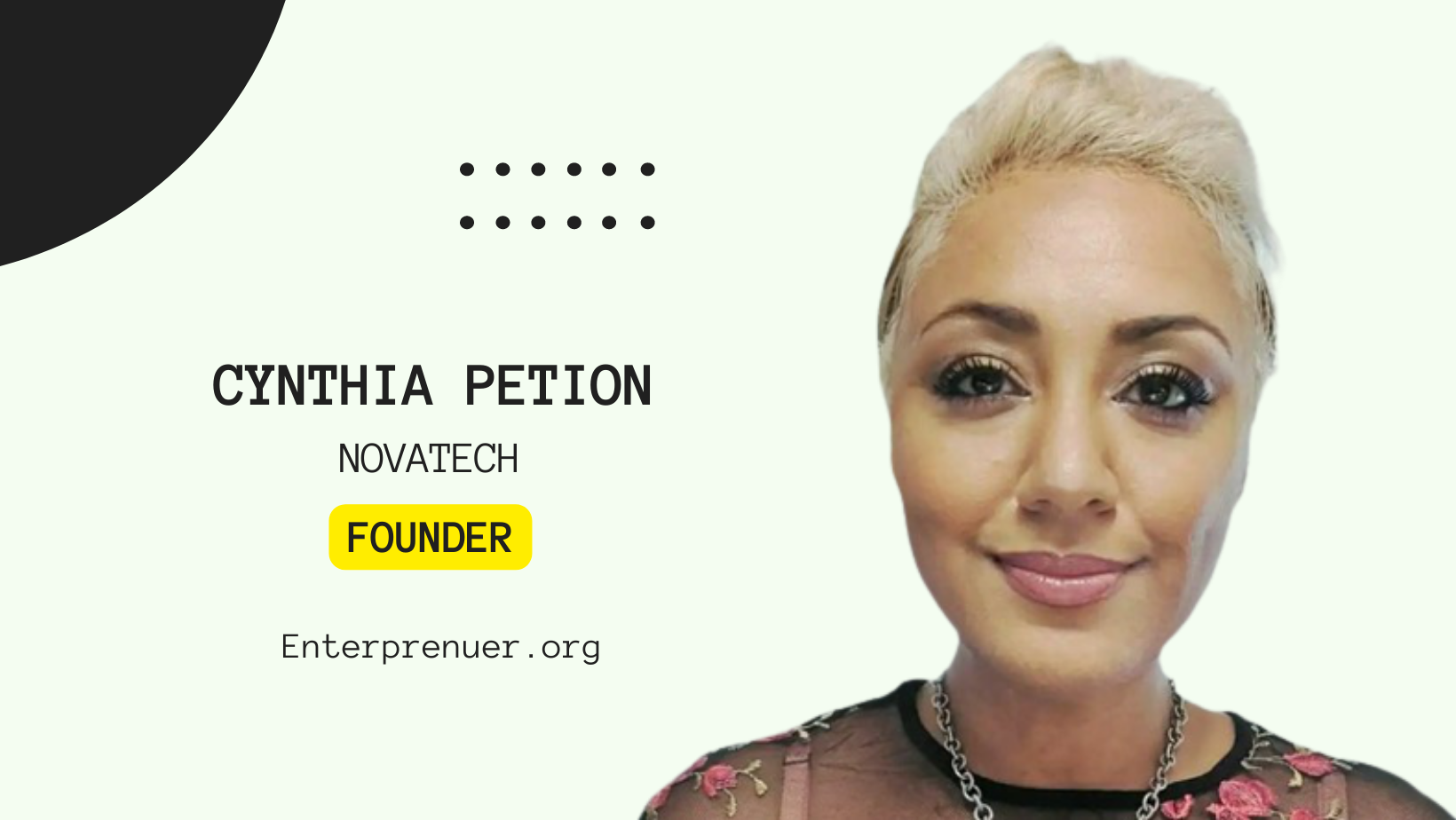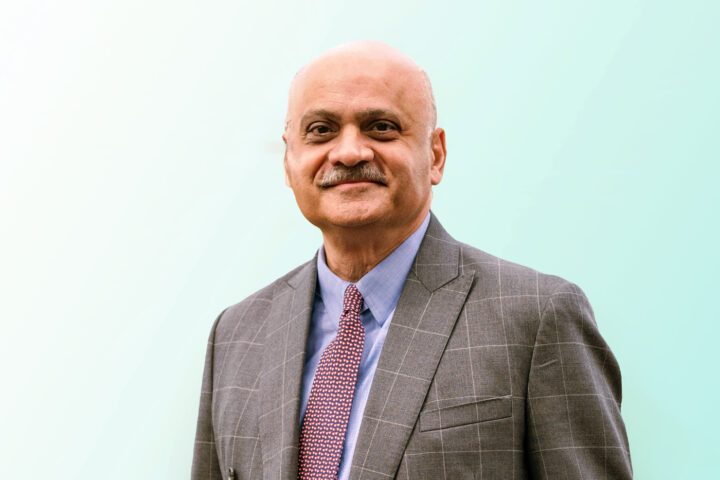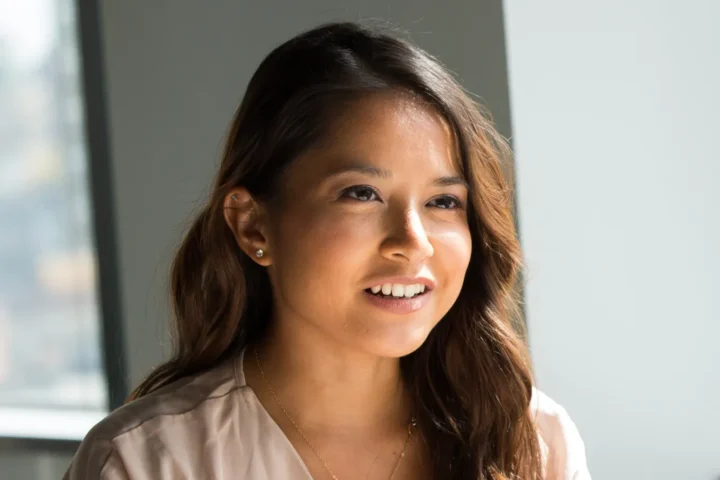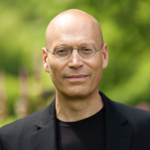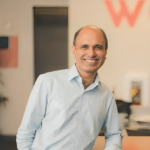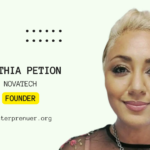Laura Troyani is the Principal and Founder of PlanBeyond.
Laura Troyani leads this boutique marketing research and the strategic firm.
Laura has a background in data-driven business strategy and marketing, and she founded PlanBeyond to serve a variety of clients, including multinational corporations, regional utilities, and emerging startups.
Laura has nearly 20 years of experience in building brands and marketing programs.
Her career began as a market researcher at Gorton’s Seafood, and then she moved on to lead marketing teams at startups, including Rivet & Sway and TINYpulse.
Both of these companies were later acquired.
Laura earned her bachelor’s degree from Harvard College and her MBA from Harvard Business School.
She holds a black belt and brown belt in Brazilian Jiu-Jitsu, respectively.
She lives in Seattle with her husband, an English bulldog.
What is the story of PlanBeyond?
After years of working in different startups, building and managing marketing teams, I found myself returning to my roots in market research.
I found ways to ensure that data from companies could be used for product development and to create exciting stories for PR and marketing purposes.
Whether they are new or established, many organizations lack the data-centric foundations that could help them succeed. PlanBeyond was born from this realization.
It became my specialty: using data to drive business decisions and create marketing campaigns that work.
How do you stay productive?
No one day is the same. There are clients from Luxembourg and just a few miles from our headquarters.
This means that we sometimes have to wake up early to meet our clients and then grind coffee for the remainder of the day.
Or maybe it is possible to get in a good workout before the day begins.
No matter how your day begins, there will be a few check-ins with clients via email or virtual meeting to update them on project status and review their research and strategy projects.
One thing is universal: every meeting I host has a plan.
The plan lists the items we would like to accomplish or answer during the session.
I then check with the other participants to confirm and work down the list.
This helps me make sure that I have all my actions covered to ensure no blockage to a project.
How do you bring ideas to life?
Any client relationship starts with a question.
There is no one thing that we need to know or do.
It’s an open-ended question, which sparks a conversation.
It is a great way to get client team members to see where they may have different perspectives and needs.
This helps them start coordinating their needs and getting to know each other.
Once we have clarified our business goals, we can then ask ourselves: “How can we create a research and strategic project that gives them the answers they want?”
What’s your favorite trend?
Dynamic data visualization. My early market research days required me to submit 100+ reports with graphs and static charts. It was tedious to write, and no one wanted to read that much of it.
Google Data Studio is a great tool that allows you to transform the data you produce into a dynamic format.
It makes it easy to share the results and increases the likelihood that our clients will work through them and see unique patterns.
What habits make you productive?
Working in-house at startups taught me one thing: you must be able to say no to any path that doesn’t make sense or is too resource-constrained.
We are often asked to work on tactical marketing projects like creating advertising campaigns or advertising.
Even though we have the necessary skills, I ensure that we say no.
It prevents us from becoming overwhelmed and keeps us focused on what we love.
What’s your advice for the Noob?
Ask others to help you decide what a priority is and what is nice to have.
There is always more to do than there are hours in a day when you work in resource-constrained environments.
My younger self was too ambitious, trying to prove I could do it all.
It was exhausting and not worth the effort.
I would tell my younger self that you cannot do everything.
Collaborate with your team to identify the essential tasks that must be done and then focus on those.
What is one thing we can all agree on?
It is tough to have difficult conversations, negotiate successfully, and manage relationships.
It is difficult for people to see themselves in others’ shoes.
Humans have a problem understanding the “why” behind someone’s views and attitudes.
Although we know what people think, we don’t know why.
We would have better interpersonal outcomes if we focused on the “why.”
What do you recommend as an entrepreneur?
Exercise. Stress is inevitable. You will soon be stressed out if you are not now.
It would help if you found a physical outlet that relieves stress.
You can choose to do yoga, Zumba or badminton.
Find engaging something that enables you to get rid of the anxiety that takes your mind off of work and that you enjoy.
What’s your rich strategy?
Sometimes we are a new agency to a potential client who wants assurance that we are the right partner.
We may be working with a client unfamiliar with a specific type of work or uncertain about its results.
Education is key to closing deals, in my opinion.
It’s not necessary to focus on a specific project or contract.
We can educate clients about research best practices and show them how it leads to strategic frameworks or business decisions.
It helps clients get a sense of what it is like to work with us.
The time they spend learning gives them the confidence to choose us for their project.
How do you overcome Failure?
In my early career as a manager and independent contributor, it was challenging to transition.
I assumed that team members would think for themselves and figure out how to accomplish their tasks.
This was not always true. This led to misaligned expectations and frustration at the inability to get certain things done.
As I grew older, I learned that I had to be very clear about my expectations.
I began working with my team to create quarterly goals that linked business results to specific tactics or projects.
This removed all doubts about the direction we were heading and how we would get there.
Can you share a business idea?
Digital events company that makes online events enjoyable for hours.
COVID may limit travel for as long as it takes.
Add to that the fact that companies are increasingly trying to manage their budgets, and you will see fewer people travel for conferences and other events.
While professionals still want to learn from their peers and interact with them, digital events have been slow and tedious.
I would love to see someone who can truly nail the event experience in a virtual setting.
What’s your recent best buy?
Potting soil, planters, and fall vegetable starters.
I will have a lot of fun watching the vegetables grow and harvest them over the next few months.
What are your favorite Softwares or Apps?
Freshbooks is accounting software. It’s an accounting software called Freshbooks.
Before diving into the software, I spent probably 10 minutes exploring it.
The software allows me to reduce the amount of time I spend on finance and accounting, which is a big win.
Which book would you recommend?
The Hero and the Outlaw – Building Extraordinary Brands Through Archetypes.
This book will help you understand what motivates people and how you can use that information to drive marketing, branding, and market differentiation. Book.
What’s your favorite quote?
Brazilian Jiu-Jitsu is what I practice. A saying that we use is “eat the pain.”
This reminds us that learning and training can sometimes be complex, and you have to persevere to win.
TL;DR by Laura Troyani
- Use objective data to guide your product and marketing decisions.
- To keep your project moving forward, create an agenda before any meeting.
- If you want to avoid burnout or keep your attention on more important tasks, it is okay to say “no”.
- It is important to be clear about your goals and expectations. This will help everyone understand what you are working towards and why.
- Expect customers to be onboard soon. Spend time educating and teaching them, so they can see the way forward and feel excited to work with you.
